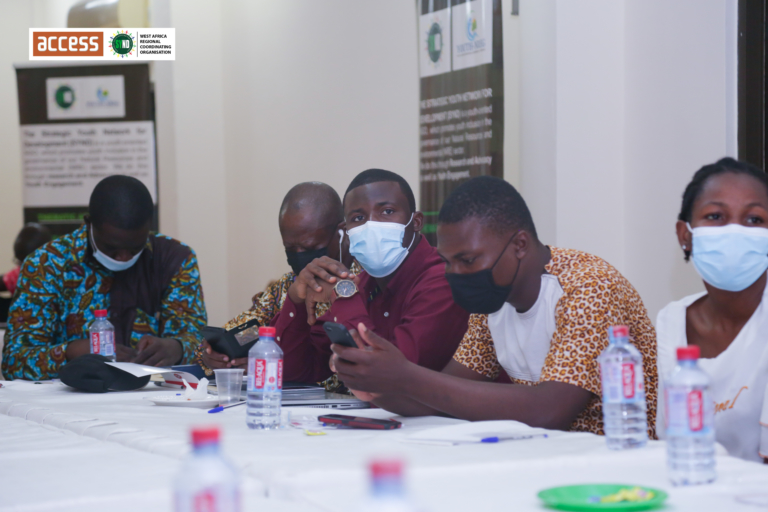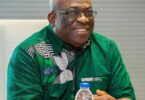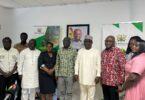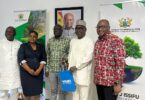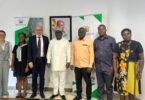Government of Ghana urged to fulfil its Commitment towards Renewable Energy
Story by: Ishmael Barfi
The Government of Ghana has been called upon to speed up its commitment towards the usage of renewable energy in the country.
The call made by Stakeholders in sustainable environmental practices at a round table discussion organized by the Alliance of Civil Society Organisations for Clean Energy Access (ACCESS Coalition) is to ensure that, the existing pressure on the national grid comes down, hence the development and utilization of renewable energy.
The roundtable discussion held on Thursday, 24th June, 2021 in Accra was to provide a platform for experts and Non-Governmental Organisations (NGOs) in the renewable energy sector to deliberate with the National Development and Planning Commission (NDPC) on the country’s strife towards the improvement of renewable energy accessibility.
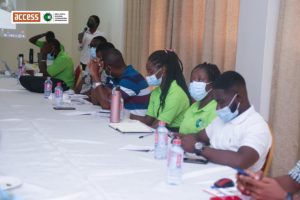
Government of Ghana urged to fulfil its Commitment towards Renewable Energy
The ACCESS Coalition established in 2014 consists of a range of Civil Society Organisations (CSOs), both national and international with the aim to strengthen the efforts of CSOs working to deliver universal energy access.
Furthermore, do advocate at national and regional levels for transparent and inclusive multi-stakeholder participation at all stages of energy processes.
Speaking at the round table discussion, the Senior Policy Analyst at the Africa Centre for Energy Policy (ACEP), Madam Mabel Acquaye expressed her worries and disappointment at the slow pace of government commitment on renewable energy.
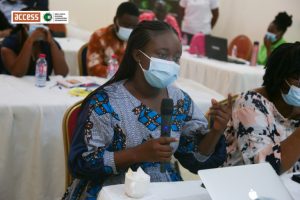
Government of Ghana urged to fulfil its Commitment towards Renewable Energy
To her, government commitment and set target in regards to the attainment of SDG 7 and 13 is unrealistic as producers in the renewable energy value chain are being stifled.
“The Strategic Energy Plan 2006-2020, initially government set 10% RE target to be achieved by 2020 we had barely achieved 1% of RE… in exclusion to hydro…” she lamented.
Madam Acquaye further expressed her worry saying, currently, Ghana as a country is woefully below the 10% target in addition to the agenda 2063 indicator explaining that, this made government to revise the target from 2020 to 2030.
On the back of this, the policy analyst expected the government to inculcate strategies to intensify renewable energy penetration this time around, which according to her, is not the case.
Therefore worried about the feasibility of this target in the face of current “suspension of the issuance of licenses and purchasing power agreements in the embedded generation into the national grid.”
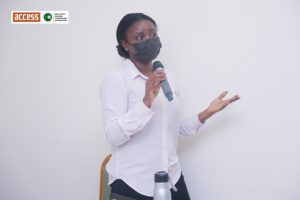
Patience Ampomah, Representative of NDPC@ the Round Table Discussion by ACCESS COALITION
Meanwhile in a presentation by the National Development and Planning Council (NDPC) representative, Patience Ampomah explained that lessons learnt from the Millennium Development Goals have been factored into achieving the Sustainable Development Goal (SDGs).
Explaining further that, the three-tier approach towards the attainment of SDG 7 and 13 comprising the Implementation Coordination Committee (ICC), High Level Ministerial Committee and the Technical Committee level are linked to the Agenda 2063 in tracking SDGs.
Madam Ampomah among other things, revealed that the Commission has identified some successes such as high installed capacity for renewable energy and urged that stakeholders in the clean energy value chain must take advantage of.
The NDPC representative, however, highlighted poor revenue collection regime as being one of the factors impeding the progress of the energy sector.
However she was quick to mention that some strides have been made towards achieving 20% renewable energy access in Ghana by 2030.
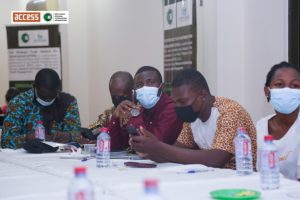
Cross Section of stakeholders @ACCESS Coalition round table discussion on Renewable Energy
The Energy Ministry representative at the round table discussion revealed that, there is availability of excess capacity in the traditional energy generation mix.
His assertions was mixed received by the stakeholders that, the ACEP representative believed that, this contradicts the government’s commitment to increase clean energy in the value chain.
“We should not sacrifice renewable energy because of some issues that we have with excess capacity because the RE offers a cheaper energy alternative particularly for businesses,” she advised.
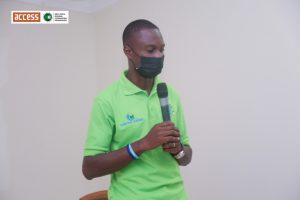
Nat. Coordinator, Strategic Youth Network for Development (SYND) Chibeze Ezekiel
On his part, Executive Coordinator for Strategic Youth Network for Development (SYND) Chibeze Ezekiel used the occasion to outline the workstreams executed as part of the activities of the ACCESS Coalition.
Indicating that, all these had been possible over the years through the numerous efforts of the Africa Development Bank and World Bank through policy strategies, research, capacity building, and advocacy-related activities among others.
SYND-Ghana is the West Africa node for ACCESS Coalition.
Therefore represents ACCESS coalition in Ghana and hosts events, programmes in relation to the objectives and goals of the coalition, hence renewable energy.
Source: www.thenewindependentonline.com


